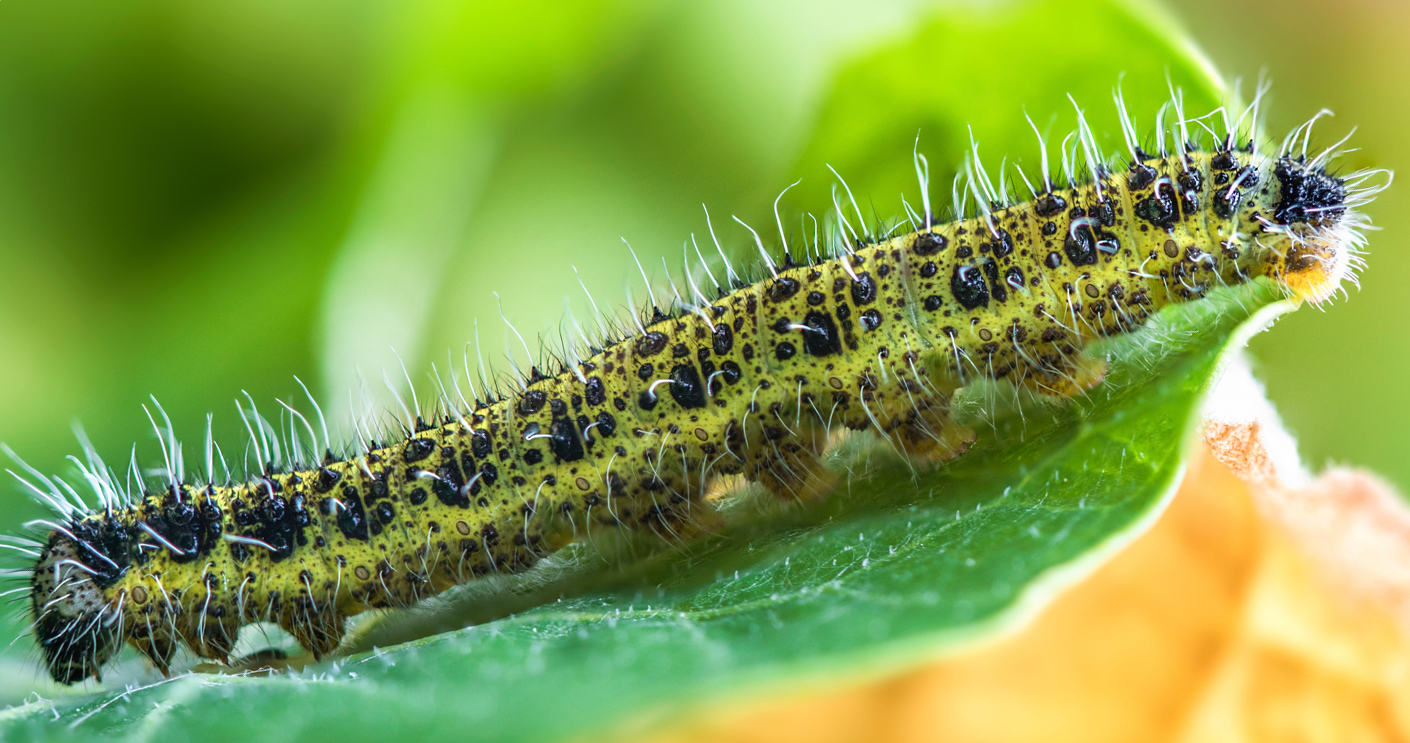Macquarie University will partner with CSIRO and industry partners for newly funded research examining the efficacy of biopesticides in controlling agricultural pests.
Dr Amanda Padovan was among 50 successful applicants in the Early Career Industry Fellowship program, announced by the Australian Research Council on 5 May. The scheme provides opportunities for new and emerging researchers to work with leading academics and industry partners to help solve national challenges.
Dr Padovan received $476,833 to lead a research project bringing together Macquarie’s Applied BioSciences with CSIRO, the Cotton Research Development Corporation and Bayer CropScience, to model how the biopesticide Bt interacts with the insect gut.
Bt is considered a valuable ‘soft’ option for the control of caterpillars, which are among the world’s most damaging insect pests. Named for the soil-dwelling bacteria Bacillus thuringiensis, which produces the active ingredient in the pesticide, Bt poses fewer environmental and human health hazards than traditional synthetic insecticides, but little is currently known about how ingested Bt kills insects. In modelling how Bt interacts with the insect gut, the project will close this knowledge gap and support the sustained and improved efficacy of Bt biopesticides.
Dr Padovan says while the focus of the project will be on the Australian cotton industry, the research will benefit a broad range of agricultural industries.
“Together with the project partners, we will be developing a rigorous testing framework to understand how insecticides work at a molecular level and detect early resistance to biopesticides, which can inform the development of new defences,” Dr Padovan says.
Macquarie University’s Deputy Vice-Chancellor (Research) Professor Sakkie Pretorius says the project is a great example of what can be achieved when research universities collaborate with industry to design solutions.
“We established Applied BioSciences at Macquarie in 2020 to promote impactful research and research training through partnership with industry and industry-oriented research agencies,” Professor Pretorius says. “This fellowship is a perfect illustration of what can be achieved with this collaborative mindset.”
Distinguished Professor Phil Taylor, Head of Applied BioSciences, agrees, noting that the project partners bring their own unique perspective and expertise to the project.
“Increasingly, impactful research crosses not only different disciplines, but different sectors as well,” Professor Taylor says. “Dr Padovan’s fellowship brings together higher education, a Commonwealth research agency, a rural development corporation and a commercial partner. We look forward to translating the knowledge that we create together into tangible benefits for the agricultural sector and the Australian economy.”


 Back to homepage
Back to homepage